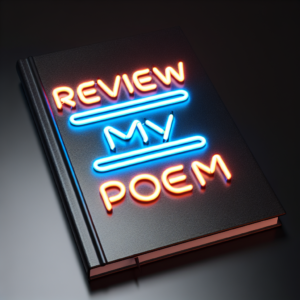In our current cultural climate, it’s not uncommon to encounter individuals who seem to take offense quite easily. Interestingly, some of us may find ourselves offended by these very individuals. This presents a paradox where offense is causing offense, raising questions about tolerance, understanding, and our reactions to others’ sensitivities.
10 Insights from the Paradox of Offense
- Offense is Subjective: What offends one person may not offend another, highlighting the subjective nature of offense.
- Tolerance Thresholds: People have different thresholds for what they find offensive, reflecting their personal values, beliefs, and experiences.
- Understanding Sensitivity: Understanding why some people are more easily offended can foster empathy and reduce our own feelings of offense.
- Projection: Sometimes, our offense at others’ sensitivity can be a projection of our discomfort with our own emotional reactions.
- Emotional Intelligence: Navigating the offense paradox requires emotional intelligence, allowing us to understand and manage both our emotions and those of others.
- Communication: Effective communication can help clarify intentions, reducing the likelihood of offense on both sides.
- Boundary Setting: Setting respectful boundaries can help manage interactions with easily offended individuals and mitigate our own feelings of offense.
- Social Harmony: Balancing the freedom of expression with respect for others’ feelings is key to maintaining social harmony.
- Self-Awareness: Recognizing when we are offended by others’ offense can increase self-awareness and provide an opportunity for personal growth.
- Emotional Regulation: Cultivating skills in emotional regulation can help manage feelings of offense, promoting better interpersonal relationships.
QR Poet Summary
Navigating the paradox of offense—feeling offended by others who are easily offended—requires understanding, empathy, and emotional intelligence. By fostering effective communication, setting respectful boundaries, and practicing emotional regulation, we can address this paradox, promoting better understanding and harmony in our interactions.
The Big Question
How can understanding the paradox of offense enhance our interactions with others, and what can it teach us about tolerance, empathy, and emotional intelligence?










